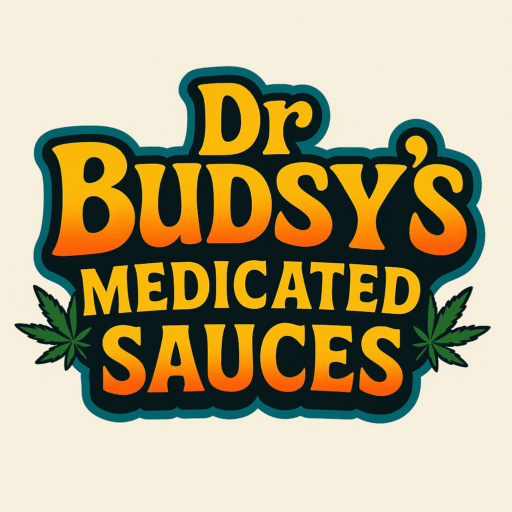Dr. Budsy’s Cannabis FAQ: The Honest Truth
Not compared to the alternatives. Cannabis has never caused a fatal overdose, unlike opioids or alcohol. Most side effects (like dry mouth or drowsiness) are temporary and manageable. It’s one of the safest therapeutic plants known to modern science.
Cannabis has a low potential for dependence, especially compared to nicotine, alcohol, or prescription painkillers. It can be habit-forming for some, but rarely leads to physical withdrawal or life disruption like alcohol or opioids. For many, cannabis actually helps break addictions to more harmful substances.
Cannabis has been shown to help with pain, anxiety, sleep, inflammation, nausea, and more. It’s often used as a natural alternative to pharmaceuticals like SSRIs, opioids, and sedatives — with far fewer side effects. It can also improve quality of life for people undergoing cancer treatment or managing chronic illness.
Cannabis is not a “cure,” but it’s an incredible companion to healing. It can reduce pain, stimulate appetite, ease nausea from chemotherapy, and improve sleep. In some cases (like with high-dose cannabinoid therapy), patients report significant improvements. Always consult a trusted provider.
Absolutely. Alcohol is a neurotoxin linked to liver disease, cancer, addiction, and domestic violence. Cannabis, by contrast, does not damage your organs, does not make people violent, and may actually promote neuroprotection and healing. Choosing cannabis over alcohol is a smart upgrade.
Cannabis is federally legal in hemp form (with less than 0.3% THC by dry weight), and legal for adult or medical use in many states. We operate fully within the law and ship compliant, hemp-derived products to where they’re legal. You must be 21+ to purchase.
No — but neither is your morning espresso. The FDA has approved just one cannabis-derived drug (Epidiolex) and continues to drag its feet due to political and pharmaceutical influence. That doesn’t make cannabis less effective — it just shows how far behind regulators are.
In many cases, yes — under medical guidance. Patients report reducing or eliminating opioids, sleep meds, antidepressants, and anti-anxiety drugs after switching to cannabis. It can be part of a safe, effective off-ramp from pharmaceutical dependence.
Science shows that moderate adult use does not impair brain health — and may even protect against neurodegeneration. Unlike alcohol, cannabis doesn’t kill brain cells. Teen brains are more vulnerable, which is why we strictly serve adults 21+.
Yes. Many people use cannabis every day for chronic conditions, mental clarity, or as a safer substitute for alcohol or other drugs. As with anything, dosage and intention matter — but daily use does not imply abuse.
Yes. Many veterans and trauma survivors report profound relief from flashbacks, insomnia, and emotional numbness using cannabis. It supports nervous system regulation in a way that SSRIs and alcohol can’t. That’s part of why we created Medicated Hooch.
Yes — a gateway out of addiction. Most cannabis users don’t progress to “hard” drugs — they replace them. In fact, cannabis is being used as a harm-reduction tool in opioid recovery programs. The real gateway drugs? Cigarettes, alcohol, and prescription pills.
How we work
Free Shipping & Returns
Quis risus sed vulputate odio ut. Arcu vitae elementum curabitur vitae nunc
Money Back Guarantee
Quis risus sed vulputate odio ut. Arcu vitae elementum curabitur vitae nunc
Online Support
Quis risus sed vulputate odio ut. Arcu vitae elementum curabitur vitae nunc
Online Support
Quis risus sed vulputate odio ut. Arcu vitae elementum curabitur vitae nunc







